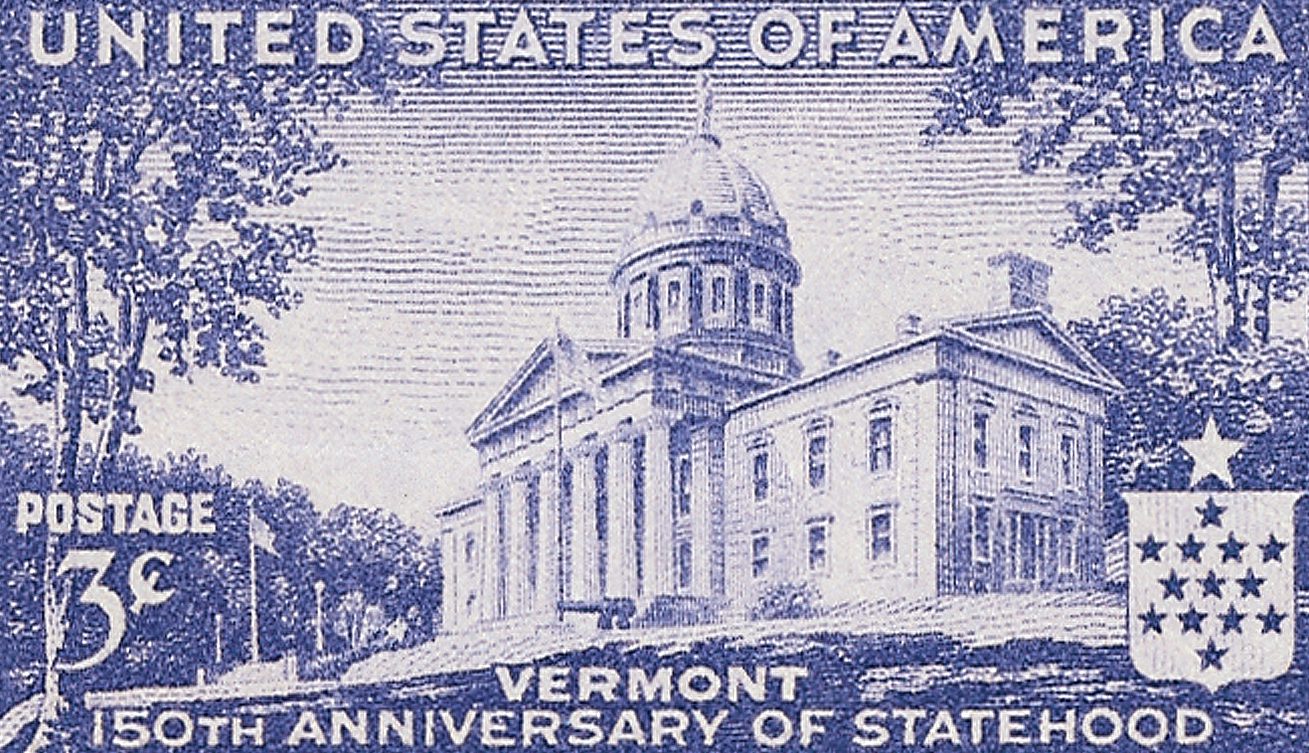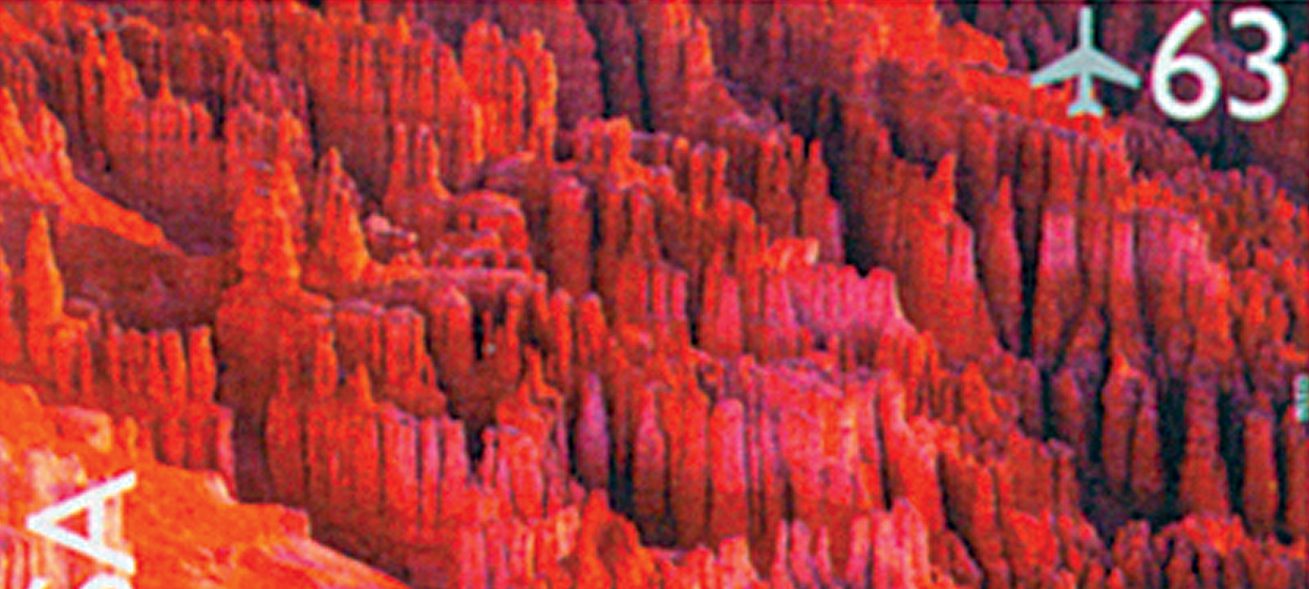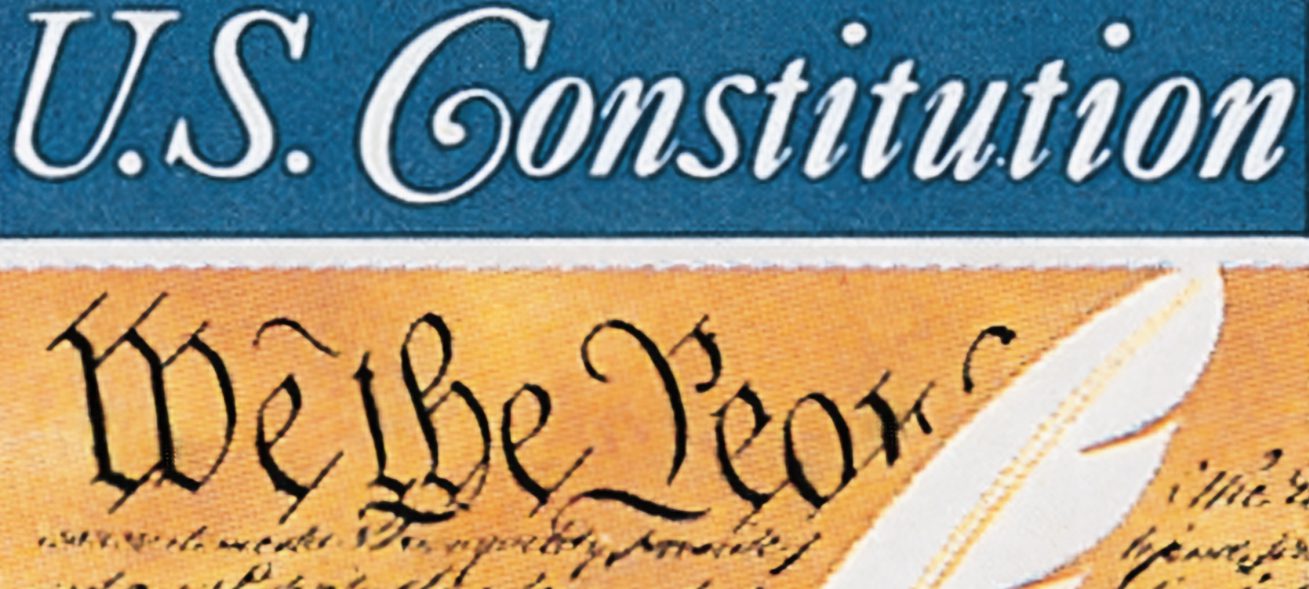Vermont Becomes 14th State
On March 4, 1791, Vermont was admitted to the Union. After years of land disputes, frontier battles, and even a period as an independent republic, the small mountain region officially became the 14th state of the United States.









